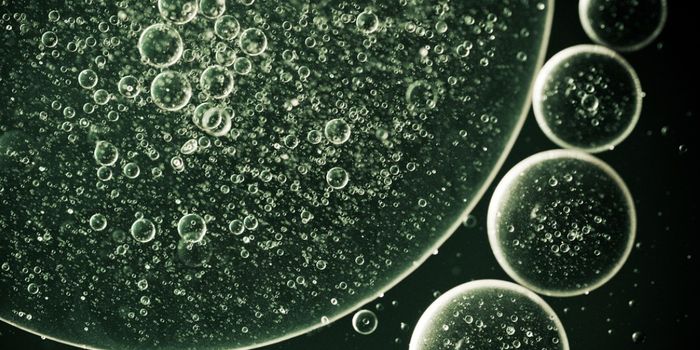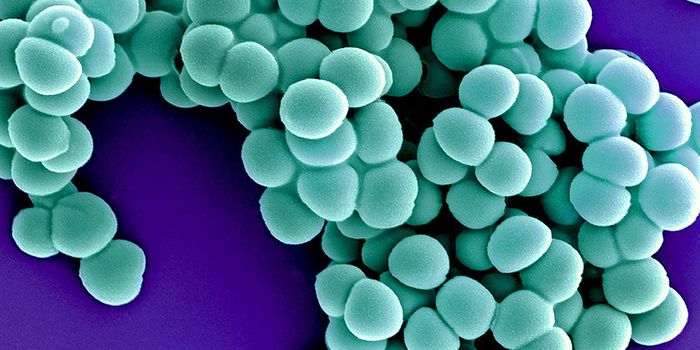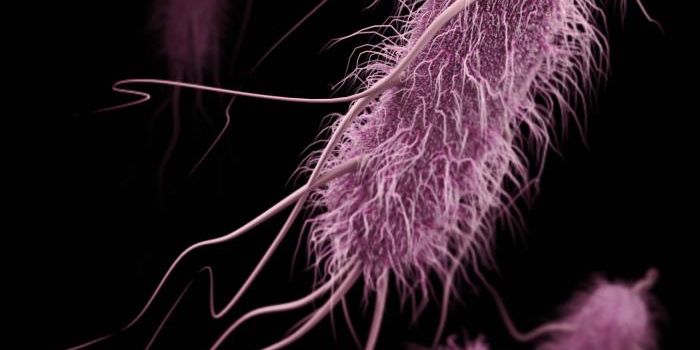Genetic Variations Can Affect the Gut Microbiome
The small variations in the human genome aren't the only thing that make us unique. We also each carry communities of microorganisms on and in our bodies, and have a kind of microbial signature of our own. Researchers know that both genetic variations and the microbiome can each have their own significant impacts on a person's health. Scientists are now trying to learn more about the relationship between a person's genome and their gut microbiome.
Reporting in Nature Microbiology, the researchers determined that certain genetic variations have an influence on what species of microbes are in the gut microbiome and the levels of those microbes. This work can help us learn more about how this interplay affects health and disease.
"Our findings represent a significant breakthrough in understanding how genetic variation affects gut bacteria. Moreover, it marks major progress in our ability to know whether changes in our gut bacteria actually cause, or are a consequence of, human disease," said the lead author of the study, Dr. David Hughes, a Senior Research Associate in Applied Genetic Epidemiology at the University of Bristol.
Previous studies have revealed links between small changes in the genome and the composition of the gut microbiome. One connection has been observed with consistency: a small change in the genome affecting only one letter of the genetic sequence changes whether or not someone is able to digest milk lactose. This variant is also associated with how much Bifodobacterium is present in the gut; these microbes consume lactose for energy.
In this study, the researchers analyzed genetic and stool sample data (which reveals the species of microbes in a person's microbiome) from three population studies in Europe that included 3,890 people. They identified three genetic variations that were linked to the amount or presence of gut microbes.
"It was exciting to identify new and robust signals across the three study populations, which makes the correlation of genetic variation and gut bacteria much more striking and compelling," Hughes said. "Now comes the great challenge of confirming our observations with other studies and dissecting how exactly these DNA changes might impact bacterial composition."
A deep understanding of the interplay between the gut microbiome and genetic variations could change how we view health and disease treatment.
"A strength here is that these findings provide a groundwork for causal analyses to determine, for instance, whether the presence of specific bacteria increases the risk of a disease or is a manifestation of it," said study co-author Dr. Kaitlin Wade, Lecturer in Epidemiology at the University of Bristol. "The implications for our understanding of human health and our approach to medicine are far-reaching and potentially game-changing."
Sources: AAAS/Eurekalert! via University of Bristol, Nature Microbiology









